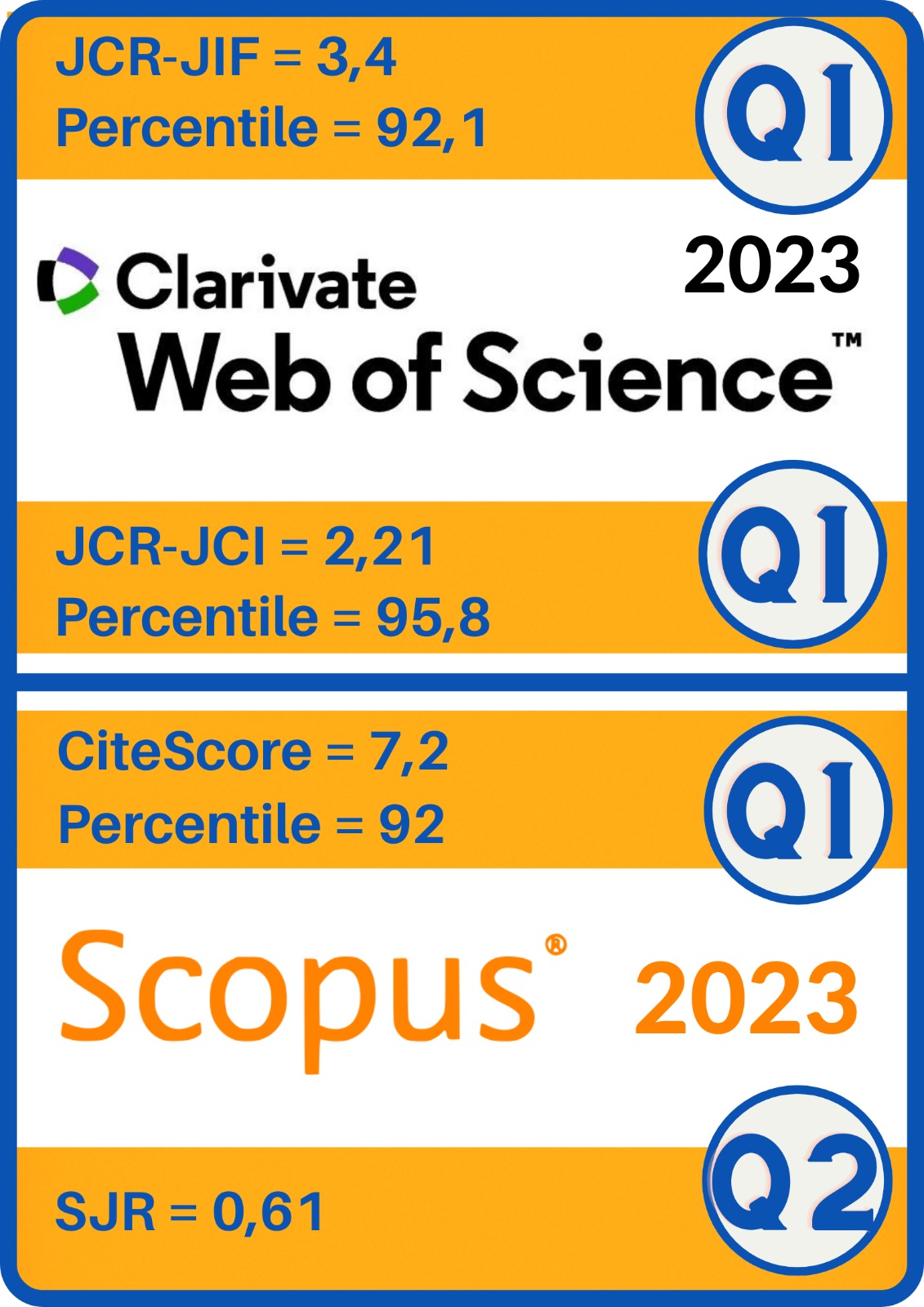The methodologic change in the European Higher Education area and the role played by the Information and Communication Technologies
DOI:
https://doi.org/10.5944/ried.2.10.992Keywords:
information and communication technologies, European Higher Education Area, pedagogical methodologies, Web 2.0, e-learningAbstract
This article raises some aspects referred to the renovation of the educational methodologies that proposes the European Higher Education Area (EHEA) and analyzes the role that can play in that renovation the use of the information and communication technologies (ICT). An approach to these technologies is made, so that it can be handled by the teachers and their possible contribution to the
educational work, using the computer science digitalization and networks, as it is the case of Web 2.0. Also, some aspects of an investigation made in the University of Seville appear, where the teaching staff show their perceptions about contributions of the ICT in the development of the tie proposals to the European Higher Education Area.
Downloads
Downloads
How to Cite
Issue
Section
License
The articles that are published in this journal are subject to the following terms:
1. The authors grant the exploitation rights of the work accepted for publication to RIED, guarantee to the journal the right to be the first publication of research understaken and permit the journal to distribute the work published under the license indicated in point 2.
2. The articles are published in the electronic edition of the journal under a Creative Commons Attribution 4.0 International (CC BY 4.0) license. You can copy and redistribute the material in any medium or format, adapt, remix, transform, and build upon the material for any purpose, even commercially. You must give appropriate credit, provide a link to the license, and indicate if changes were made. You may do so in any reasonable manner, but not in any way that suggests the licensor endorses you or your use.
3. Conditions for self-archiving. Authors are encouraged to disseminate electronically the OnlineFirst version (assessed version and accepted for publication) of its articles before publication, always with reference to its publication by RIED, favoring its circulation and dissemination earlier and with this a possible increase in its citation and reach among the academic community.








